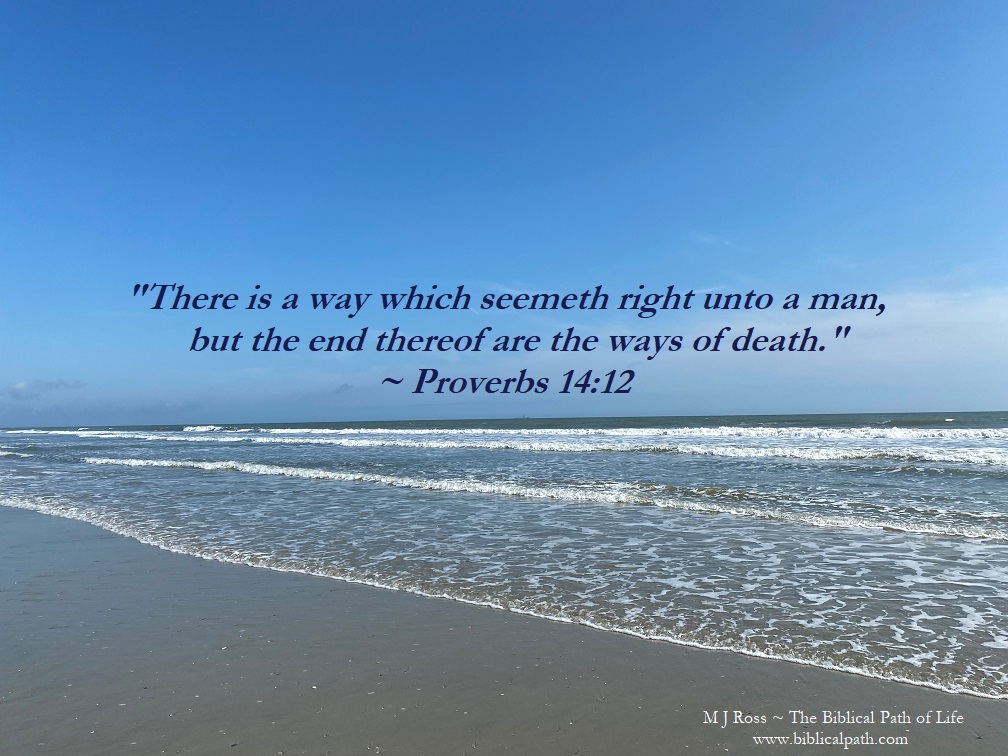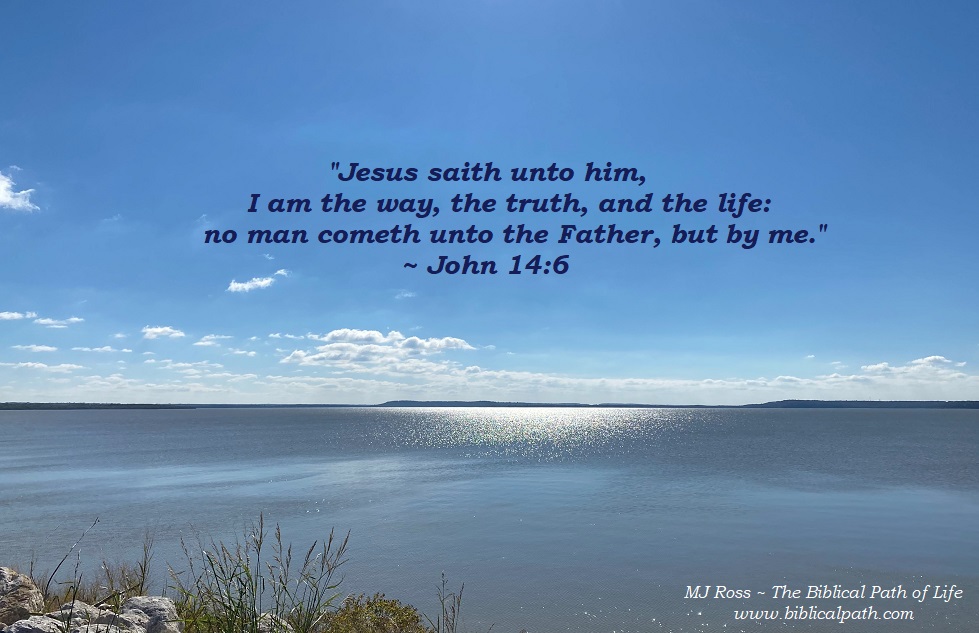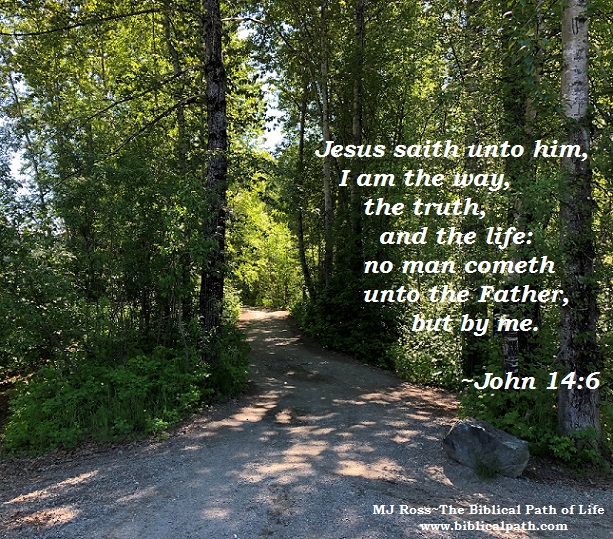
“There is a way which seemeth right unto a man, but the end thereof are the ways of death.”
Proverbs 14:12
Why do we not see a great revival in our day?
There is a great revival recorded in the Bible (see 2 Kings 22 – 23:28 and 2 Chronicles 34-35).
Notice what we see about young King Josiah in Second Chronicles. “For in the eighth year of his reign, while he was yet young, he began to seek after the God of David his father: and in the twelfth year he began to purge Judah and Jerusalem from the high places, and the groves, and the carved images, and the molten images” (2 Chronicles 34:3). While Josiah was yet young, he began to seek after God, and then he began to purge the land of the false gods and religious practices. Read what this entailed: “3. … he began to purge Judah and Jerusalem from the high places, and the groves, and the carved images, and the molten images. 4. And they brake down the altars of Baalim in his presence; and the images, that were on high above them, he cut down; and the groves, and the carved images, and the molten images, he brake in pieces, and made dust of them, and strowed it upon the graves of them that had sacrificed unto them. 5. And he burnt the bones of the priests upon their altars, and cleansed Judah and Jerusalem. 6. And so did he in the cities …” (2 Chronicles 34:3-6). Not only did he break the idols and groves down, but he also broke them in pieces “and made dust of them.” They were utterly destroyed. Especially recognize that those things had to be eliminated (purged from the land). This is very important because the land had to be purged before reformations could begin.
While working on repairing the Temple, they found the book of the Law. Shaphan, the scribe, returned to the king and told him what the high priest had found. “… And Shaphan read it before the king” (2 Kings 22:10). What did the king do? “And it came to pass, when the king had heard the words of the book of the law, that he rent his clothes” (2 Kings 22:11). Read what King Josiah understood once he heard the words of the book of the Law, “… for great is the wrath of the LORD that is kindled against us, because our fathers have not hearkened unto the words of this book, to do according unto all that which is written concerning us” (2 Kings 22:13b). The king recognized just how far from God the nation was living. He not only sought God, but he acknowledged the sin of this people and even their father’s before them.
King Josiah was a good king. Not only did he remove the wicked things from the land, but he also humbled himself before God when he heard the Law read. Although Josiah led one final revival in Judah, where the people sought God, they had forsaken God long enough that there was only room for discipline. God saw the people living in a continual state of wickedness. We can read of God’s longsuffering and extension of Judah’s kingdom because of King Josiah’s repentance and reforms (see 2 Kings 22:11-20). One thing significant thing we should understand is the importance of reading God’s Word. Once King Josiah heard God’s Word read, he understood and knew what God had expected from His people – and just how far they had fallen short.
We should also recognize that that time of renewal was not enough – for as soon as King Josiah died, the people reverted back to their idolatrous practices. See one important thing that they had forgotten: “There is a way which seemeth right unto a man, but the end thereof are the ways of death” (Proverbs 14:12). When the people chose to do what they wanted over faithfully obeying God’s commands, they lost their kingdom, riches, land, and many people died (Babylon besieged them and took many captive).
Now what should we learn from this example?
It was good for Josiah to seek God early in his life. “I love them that love me; and those that seek me early shall find me” (Proverbs 8:17). Just as Josiah removed and eliminated all of the old ways of their lives, utterly destroying them, understand what each person is to do once they have trusted in Christ: “Therefore if any man be in Christ, he is a new creature: old things are passed away; behold, all things are become new” (2 Corinthians 5:17). Christians must remove all of the ways of their life before Christ and begin anew. It is very important to read the Bible. Reading God’s Word will bring that same repentance in our hearts and lives today. We too, must do as King Josiah did – depart from evil and do what is right.
Until we go back and read God’s Word, recognizing just how far from God our nation has gone, we will never understand what must be done to correct our problems. There has been no such time of national repentance (as in the days of King Josiah) in many years. Instead, the wickedness has become engrained in our society. Because of this, we should expect God’s judgment to fall upon us at any time.
Have you prayed that you would be faithful to read God’s Word learning to depart from evil and choose to do what is right?




